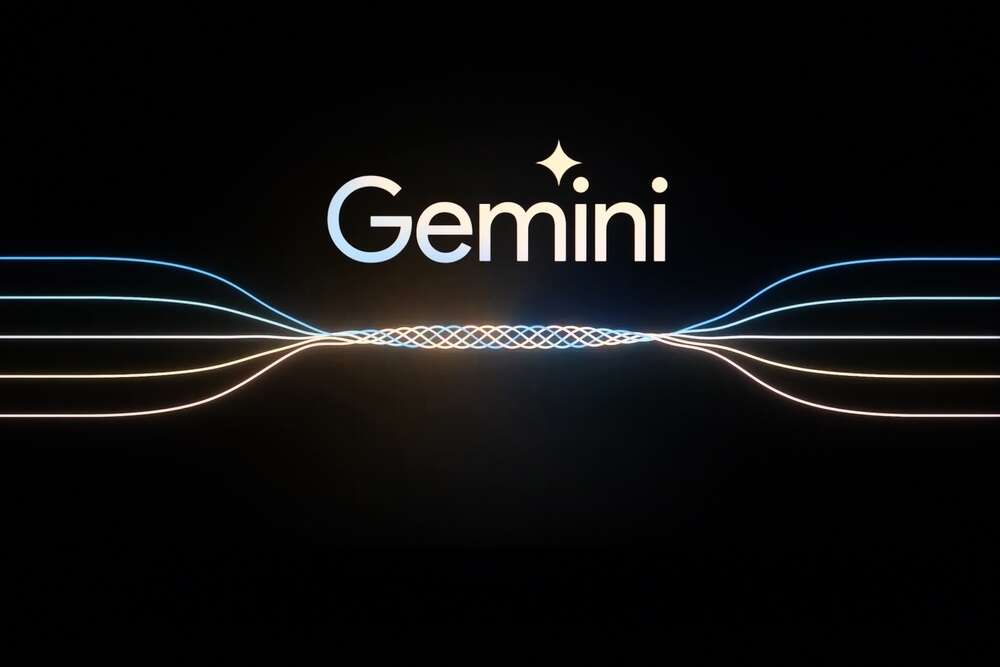
Google is rebranding its AI assistant Bard as “Gemini.” The search giant also announced the release of a new, more powerful model named “Gemini Advanced.” Powered by its proprietary large language model Ultra, access to the agent will be available through a subscription plan named Google One AI Premium and on a dedicated mobile app.
“This first version of Gemini Advanced reflects our current advances in AI reasoning and will continue to improve,” said Sissie Hsiao, vice president and general manager for Gemini experiences and Google Assistant. “As we add new and exclusive features, Gemini Advanced users will have access to expanded multimodal capabilities, more interactive coding features, deeper data analysis capabilities and more.”

Gemini rebrand aligns Bard with background LLMs
Bard’s rebrand to Gemini was originally teased on X (formerly Twitter) by Android app developer Dylan Roussel on 3 February. The change, said Google, will align the assistant with the nomenclature of the models that underpin it. Other AI products will undergo similar name changes, including Duet AI, which will now simply be ‘Gemini for Workspace.’ Gemini models will also be integrated into other of the big tech giant’s products through its new subscription plan, including Gmail, Docs, Sheets, Slides and Meet.
Gemini’s antecedent, Bard, was released by Google in March 2023 in the wake of massive public interest in rival OpenAI’s generative AI agent, ChatGPT. Though prominent Google AI engineer Blake Lemoine was fired by the company for claiming that its internal chatbot LaMDA was sentient, early versions of Bard – which was partly powered by the apparently self-aware model – were associated with inaccurate outputs and outright hallucinations. Though subsequent updates seemingly mitigated this problem, Bard has also lagged behind its competitors in other respects, including in lacking an image generation capability until earlier this month.
A competitive market for generative AI
Google’s announcement comes as public interest in generative AI’s novelty evolves into a more nuanced appraisal of possible use cases. This is particularly acute across the private sector, with companies regularly contending with how to ensure the safe and transparent usage of generative AI services within their own corporate structures without creating new cybersecurity vulnerabilities.
Hsiao confirmed that Google’s new Gemini Advanced service is available in English across 150 countries and territories (“[W]e’ll expand it to more languages over time,” she added.) An additional partnership was also announced today between Google Cloud and Kyndryl, with the latter utilising Gemini-powered AI services to improve outcomes for its customers.






